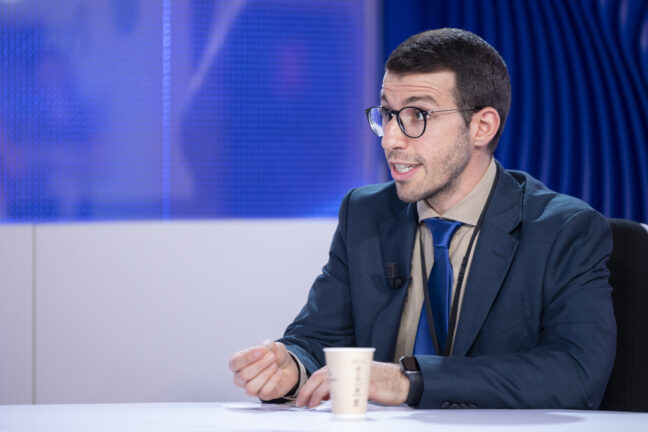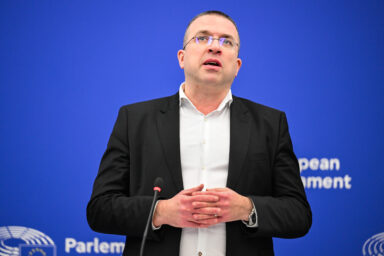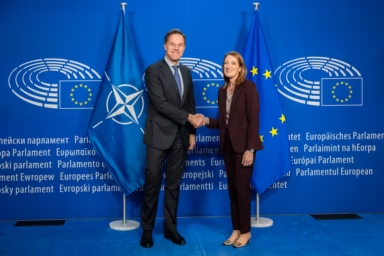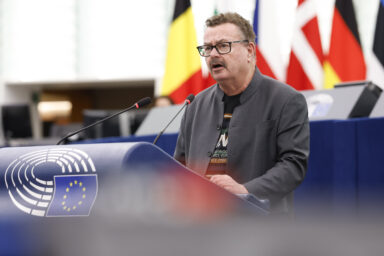Stefano Romanelli, senior government affairs manager of the European Confederation of Pharmaceutical Entrepreneurs (EUCOPE), debated the challenges and strategies within the pharmaceutical sector in the latest EU Perspectives podcast. The episode featured MEP Veronika Cifrová Ostrihoňová (Renew/SK) and Arnaud Maheas, head of public affairs Europe at Sandoz and Chair of Medicines for Europe’s Market Access Committee.
The devil is in the detail, and the blunter policymakers‘ instruments are, the worse the results of their efforts are. Mr Romanelli emphasised this point when talking about the importance of categorising products when tackling shortages, one of the pressing issues debated in the EU Perspectives June podcast. “It’s important to understand what are the medicines that suffer from shortages and try to act on these medicines to make sure that our interventions are successful,” Mr Romanelli stated.
Tricky shortages
He noted that shortages mainly impact generics and commonly used patented drugs. “When we speak about especially generics or patent medicines or medicines of common use, where we have seen some shortages, I agree that it is important to try to diversify suppliers,” he continued.
Rare disease therapies, however, often avoid shortages, almost by definition. This is because “having only one supplier is part of the supply chain because these medicines come in such low volumes that the risk of shortages is practically inexistent,” Mr Romanelli explained.
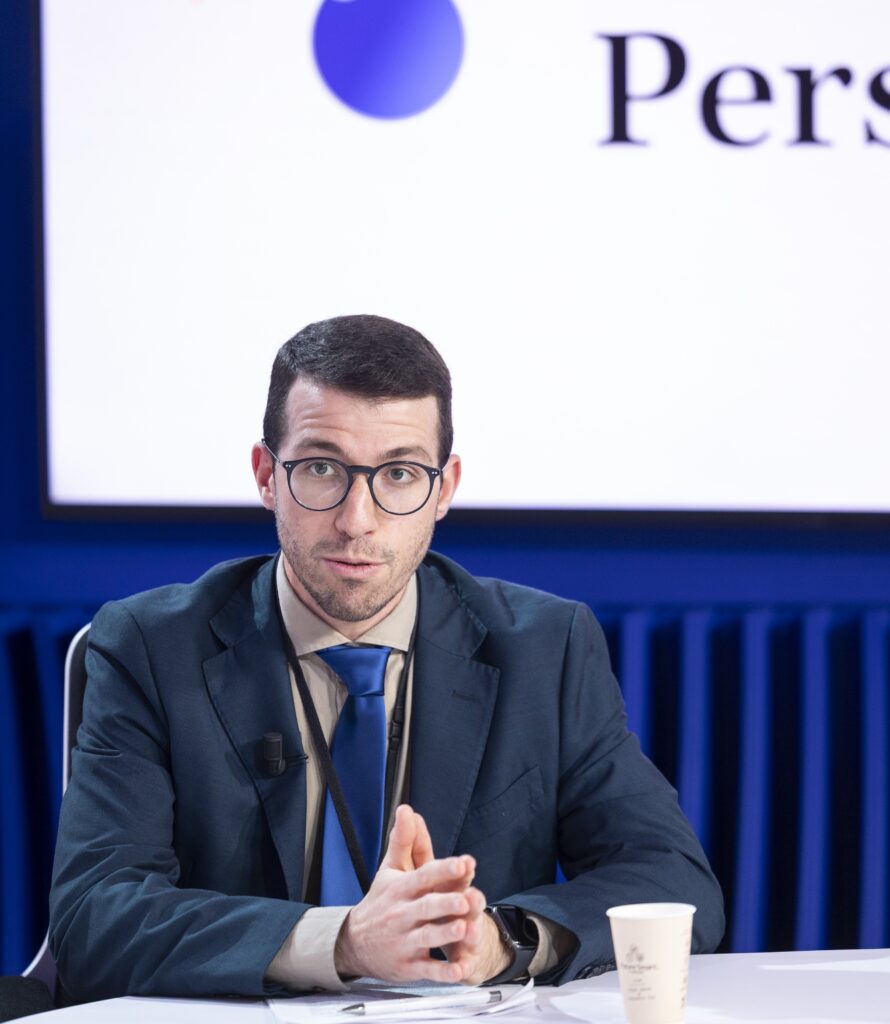
Highlighting a shift in the European Commission’s approach, Mr Romanelli remarked, “Since the beginning of this mandate, we have seen a shift towards competitiveness of the industry in general in the EU and in the pharmaceutical sector.” This shift has been evident across various strategic documents and legislative initiatives.
Loss of talent
Yet, significant challenges persist, particularly in scaling operations. While Europe sees substantial early-stage research, late-stage trials often move to countries like the U.S. “There is a lot of early-stage research which is carried out in Europe… but when we have to move to late-stage clinical trials, researchers or start-ups move elsewhere, often to the US,” he said.
Medicines (used in rare disease therapies) come in such low volumes that the risk of shortages is practically inexistent. – Stefano Romanelli, EUCOPE
This results in a “loss of the talent that we have in the EU.” To mitigate this, harmonised regulations and a predictable incentive framework are crucial. “It will be important to ensure a predictable incentive framework for innovative medicines,” the EUCOPE government affairs chief stated.
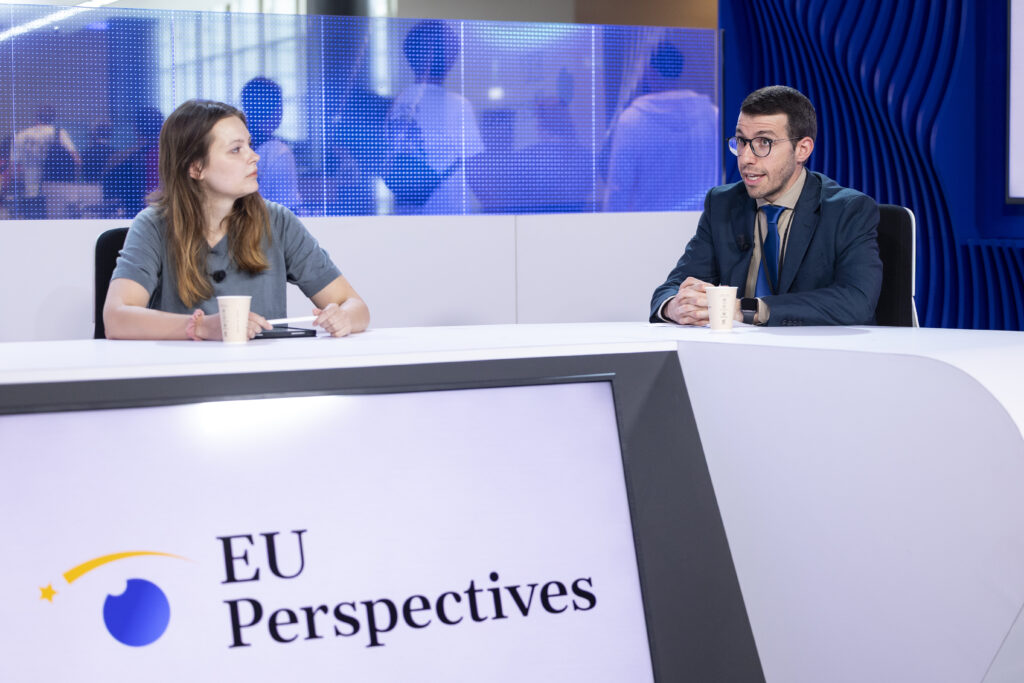
On joint procurement, another hot-button topic, Mr Romanelli cautioned against viewing it as a panacea for access disparities. “This is not the silver bullet. This is not the solution to improve access across all European member states,” he asserted.
Right scale of support
He explained that access issues stem from national competencies and budget constraints. “Access is a national competence” deeply influenced by domestic priorities. “If we first don’t solve the underlying issues of access… then joint procurement is not the solution,” he insisted.
There is a lot of early-stage research which is carried out in Europe… but when we have to move to late-stage clinical trials, researchers or start-ups move elsewhere, often to the US. – Stefano Romanelli, EUCOPE
His co-debater, Arnaud Maheas from Sandoz echoed similar supply chain concerns from a different angle. “One of the key issues is surely reducing dependency on single suppliers,” he said. These insights underscore shared industry challenges exposed by recent global disruptions.
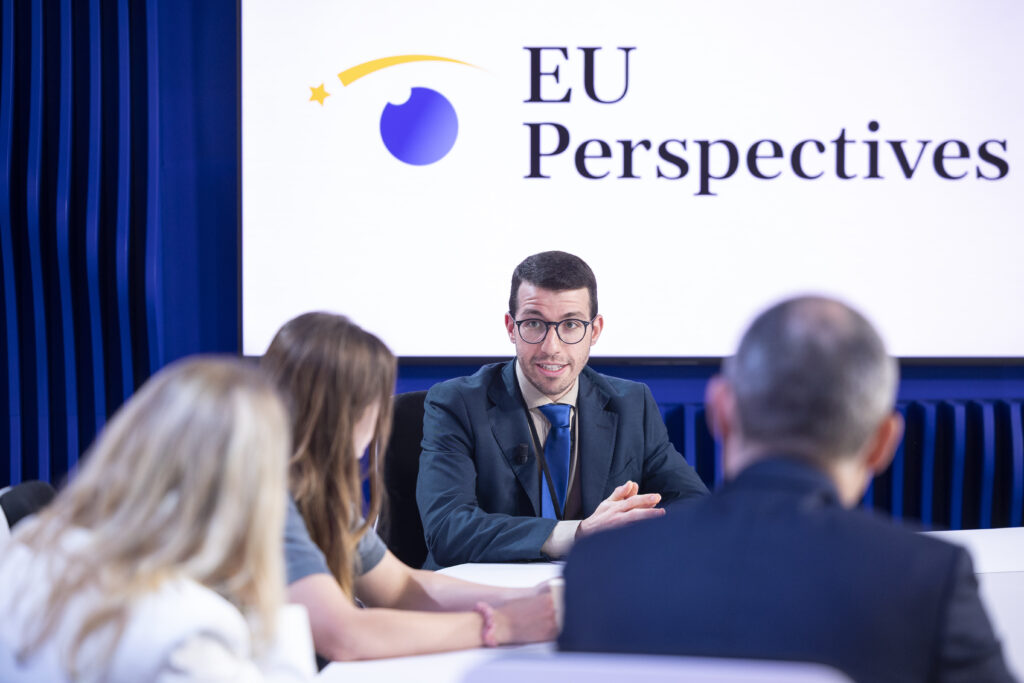
Discussing state aid, Mr Romanelli stressed effective resource allocation. “Without proper allocation, public resources might be underutilised,” he cautioned, adding, “The right scale of support is crucial to maintain competitiveness.” The sentiment resonated with Mr Maheas: “It needs a little bit of finance behind it, let’s put it that way,” he said, reflecting on the economic pressures companies face.
Health must come first
Environmental regulations, particularly on wastewater treatment, also pose significant challenges. Mr Romanelli acknowledged, “I think it’s an issue also for innovative companies… and I’m not an expert on the subject. I think it’s of course an issue that affects, above all, companies that develop medicines of common use. So it might be slightly less (of an issue) for low volume medicines, but still it’s an issue. And it could also have spillover effects indirectly on patient access in the end.”
One of the key issues is surely reducing dependency on single suppliers. – Arnaud Maheas, Sandoz
Another podcast participant, MEP Veronika Cifrová Ostrihoňová (Renew/SK), member of EP’s SANT committee, was vocal on the topic: “Companies will challenge stricter rules. But public health must come first. Firms want deadlines relaxed and rules softened. But if 90 of micropollutants in water come from pharma, they must pay—not patients. It’s their co-responsibility. Clean water and medicine access are non-negotiable. Pharma can’t externalise costs anymore.”
Looking forward, Mr Romanelli highlighted the necessity for predictability in future EU budgets, with a focus on supporting healthcare initiatives and smaller enterprises. “Predictability will be a key word in the budget,” he noted. Investing in rare disease projects and medical countermeasures is a paramount concern. “Building on existing successful projects like the European reference networks is vital,” he emphasised.
You might be interested

History of innovation
Reflecting on the transition from startups to scale-ups, the EUCOPE representative discussed reshoring’s complexities: “Reshoring might increase prices, but both generics and innovative medicines require markets that truly value strategic European production.” This highlights the need for balancing innovation with economic and environmental sustainability.
Moreover, Mr Romanelli noted Europe’s potential to leverage its historical strengths. “Europe has a rich history of innovation; what we need is the infrastructure and regulatory framework to support it,” he observed. Examples from Germany and Denmark showcase successful collaborative environments.
Aligning regional policies with local strengths remains crucial. Mr Romanelli argued, “By aligning regional policies with these strengths, we can create a more cohesive and competitive market.” His insights stress the balance needed between EU-level coordination and national characteristics.
Invest in education
Public-private partnerships play a significant role in advancing research. “Collaborative efforts between governments and private companies can drive innovation in ways that neither could achieve alone,” he stated. The collaboration during the covid-19 pandemic set a precedent for addressing challenges like antibiotic resistance.
Pharma can’t externalise costs anymore. – MEP Veronika Cifrová Ostrihoňová
In his conclusion, Mr Romanelli underscored education’s role in maintaining competitiveness. “Investing in education and training ensures we have the skills for future challenges,” he proposed, emphasising the symbiosis between industry evolution and educational development.
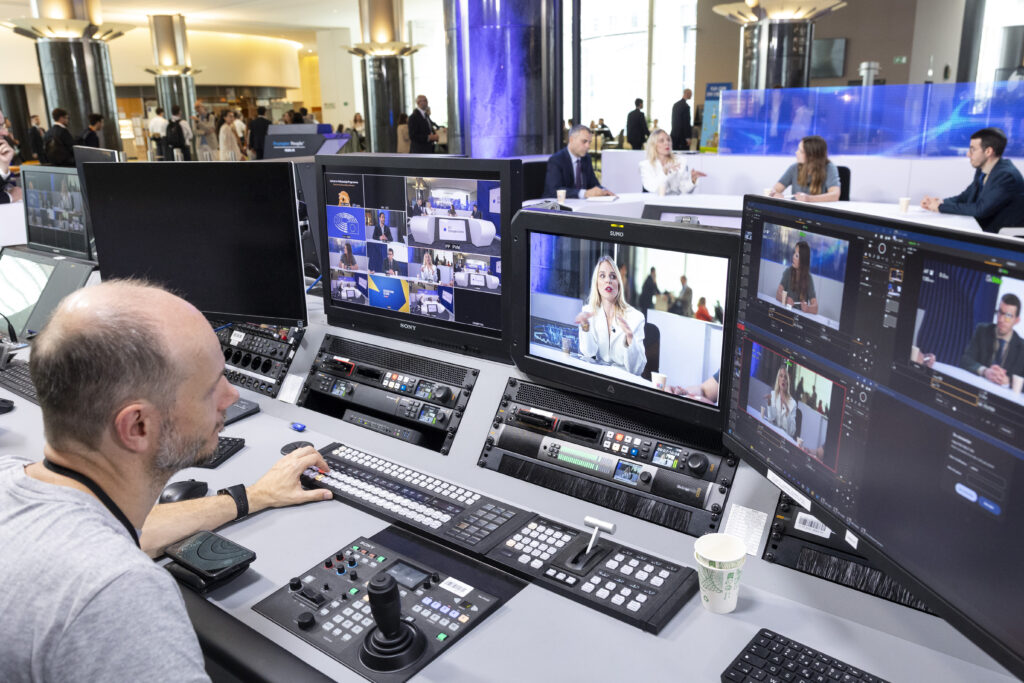
By synthesising regional strengths and fostering collaborative initiatives, Romanelli presents a roadmap for sustaining Europe’s pharmaceutical industry. His dialogue with Mr Maheas and Ms Ostrihoňová outlined a vision that marries innovation, environmental stewardship, and economic viability in an evolving landscape. “We must work together, across sectors and borders, to build a resilient and innovative pharmaceutical industry for Europe and beyond,” Mr Romanelli concluded.
